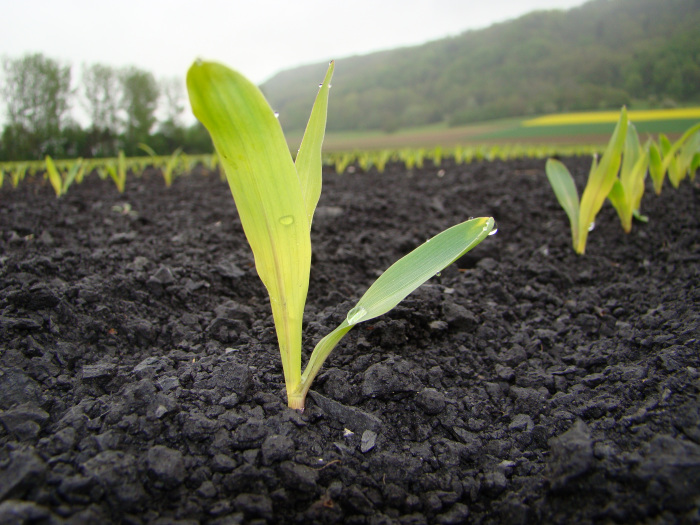20.04.2011
Undefined

Last June, AFC was awarded the service contract for the implementation of the Food Safety Module of the GTZ Private Sector Development in South Caucasus Programme in the three countries covered by the BMZ Caucasus Initiative, which supports the political and economic cooperation activities of the southern Caucasus republics Armenia, Azerbaijan, and Georgia.
In the frame of this Food Safety Module, Training Programmes were developed and agreed with the National Food Agency (NFA) of Georgia and the newly established State Food Safety Service (SFSS) in Armenia.
Late March, two training sessions, the first on general Food Safety Criteria, and the second on EU Food Hygiene Regulations and Export Requirements, where held in Tbilisi, Georgia. These were followed by a separate short term mission on Enforcement of food regulations and food recalls, which also included extensive training sessions for NFA staff.
Both missions and the respective training sessions were received well in the country. Parts of the training sessions were covered and broadcast by national TV stations in Georgia (Video 1 / Video 2).
Meanwhile, in Armenia, the government is supporting efforts to step up the production of freshwater fish for local consumption and for export. Of currently approximately 240 active fish farms, only 5 farms are permitted to export crayfish produced in natural waters into the EU. No permit exists yet for the remaining farms, and neither are any farms/companies permitted to export other locally produced fish species into the EU.
To address this issue, the SFSS requested a short term mission to provide required support to both the service and producers/potential exporters. Thus, a series of workshops and training sessions on the subject of ‘Food Safety and export of freshwater fish’ were successfully held during the second week of April.
Following that, as a follow up activity on the training seminar on the preparation and design of a National Residue Control Plan last December, a study tour is implemented in the week of 18 to 24 April for five senior staff of the SFSS and other institutions active in food safety in Armenia. The group will visit the National Food and Veterinary Risk Assessment Institute and other food safety institutions in Lithuania, to review the set-up and work of the Institute within the national food safety system of Lithuania, and learn based on examples and actual cases how to implement risk assessment and management as well as effective risk communication strategies as a core piece of a modern food safety system in the country.
Contacts in Germany:
Mr. Johannes Geisen
Email: johannes.geisen [at] afci.de
